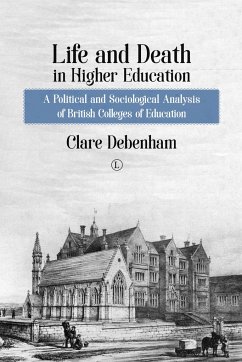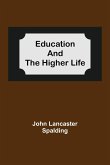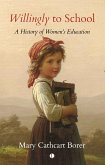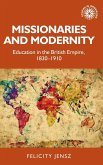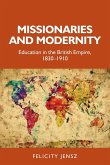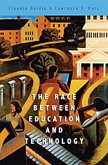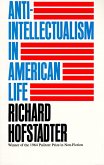At its peak in 1961 there we're 40,000 men and women who entered colleges of education compared to 50,000 who entered traditional universities. This controversial project critically traces the origins of the colleges, their development and reasons for their abrupt closure. Current debates are addressed such as school versus college training and the balance between academic and professional training and the balance between academic and professional training (where the academic training should take place). Social issues are analysed such as the role of women in colleges (links to the suffrage movement), social mobility (working class teacher), control and rebellion (how far were the colleges total institutions), student life (sport and transnationalism.) Oral history is used. As well as drawing on my personal experience, thirty former colleges of educations students were interviewed, the oldest being 101years and including Estelle Morris, former Labour Party Education Secretary. Shortly before he died Professor Asa Briggs lamented to me that there was no public debate about the closures of colleges of education and the restructuring of higher education. Now secret meetings and documents are exposed. The role of government is researched. Archival material from individual colleges, local and national government is traced ad former civil servants interviewed. Margaret Thatchers' role in the closures is re-assessed. This new evidence contradicts the Official version of events which was the closures were on educational rather than administrative grounds.
Hinweis: Dieser Artikel kann nur an eine deutsche Lieferadresse ausgeliefert werden.
Hinweis: Dieser Artikel kann nur an eine deutsche Lieferadresse ausgeliefert werden.

